Canadian Law and Technology Research Assistant - Canadian Law & Tech Guide
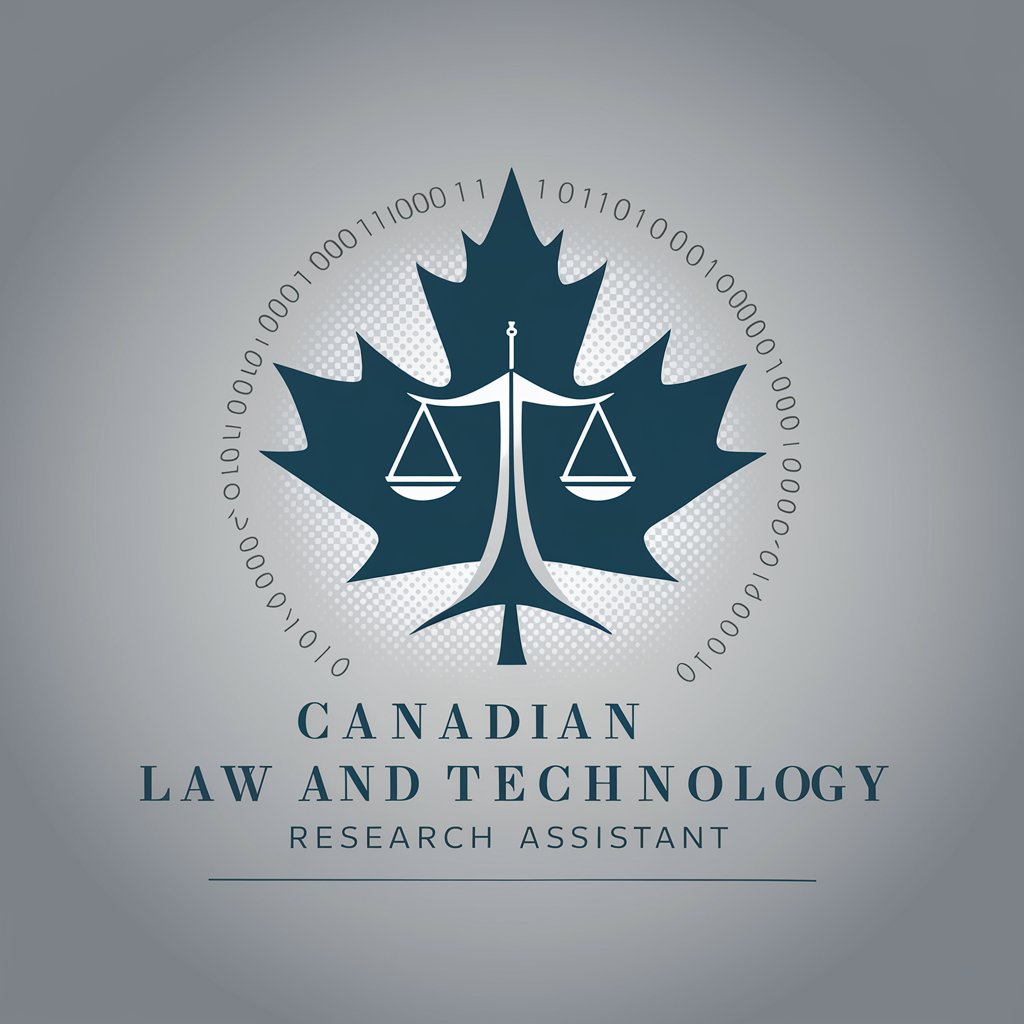
Welcome to your specialized legal research assistant for Canadian law and technology.
Empowering legal insights with AI
What are the latest developments in Canadian internet and technology law?
Can you provide an overview of a recent case related to technology policy in Canada?
How does Canadian privacy law apply to emerging technologies?
What are the legal implications of artificial intelligence under Canadian law?
Get Embed Code
Overview of Canadian Law and Technology Research Assistant
The Canadian Law and Technology Research Assistant is designed as a specialized tool to support legal research specifically within the realms of Canadian internet and technology policy, and public interest law. It is tailored to assist in navigating the complex landscape of Canadian legal frameworks, offering precise, detailed insights and analysis. The assistant is adept at interpreting legal jargon, providing case law examples, contextualizing statutory frameworks, and offering nuanced understanding of policy implications. For instance, it can dissect the implications of the Canadian Anti-Spam Legislation (CASL) in the context of emerging digital marketing practices, or analyze the legal nuances in privacy law as they apply to new tech developments. Powered by ChatGPT-4o。

Core Functions of Canadian Law and Technology Research Assistant
Legal Research and Analysis
Example
Providing an in-depth analysis of specific sections of the Personal Information Protection and Electronic Documents Act (PIPEDA) and their applicability to cloud storage solutions.
Scenario
A legal professional might use this function to understand compliance requirements for a new cloud service targeted at Canadian users.
Case Law Interpretation
Example
Interpreting judicial decisions related to the Telecommunications Act and their implications for net neutrality debates.
Scenario
A law student might utilize this feature to prepare for a moot court competition focusing on internet law.
Policy Impact Analysis
Example
Evaluating the potential effects of proposed changes in digital copyright laws on content creators and consumers.
Scenario
A policy analyst could leverage this functionality to prepare a report for a public consultation on copyright reform.
Target User Groups for Canadian Law and Technology Research Assistant
Legal Professionals
Attorneys, paralegals, and legal researchers focusing on technology law would find the assistant invaluable for drafting legal documents, preparing for litigation, or advising clients on compliance with Canadian technology-related legislation.
Academics and Students
Law professors and students could utilize the assistant for academic research, classroom instruction, or study, especially those specializing in technology law or involved in technology-focused legal education.
Policy Analysts
Individuals working within government agencies or think tanks focused on technology policy could use the assistant to understand legal frameworks, analyze policy proposals, or prepare advisory reports.

How to Use Canadian Law and Technology Research Assistant
Begin Your Journey
Access a free trial at yeschat.ai, no ChatGPT Plus or login required.
Identify Your Query
Determine the specific Canadian law and technology issue you need assistance with. This could range from copyright law to internet policy.
Formulate Your Question
Craft a concise, clear question that directly addresses your legal or technological inquiry.
Engage with the Assistant
Submit your question to receive a detailed, professional response rooted in legal precedent and scholarly analysis.
Utilize Follow-Up
For further clarification or deeper exploration, engage in follow-up questions or request up-to-date information through a web search.
Try other advanced and practical GPTs
Historical Eye
Discover Art’s History with AI
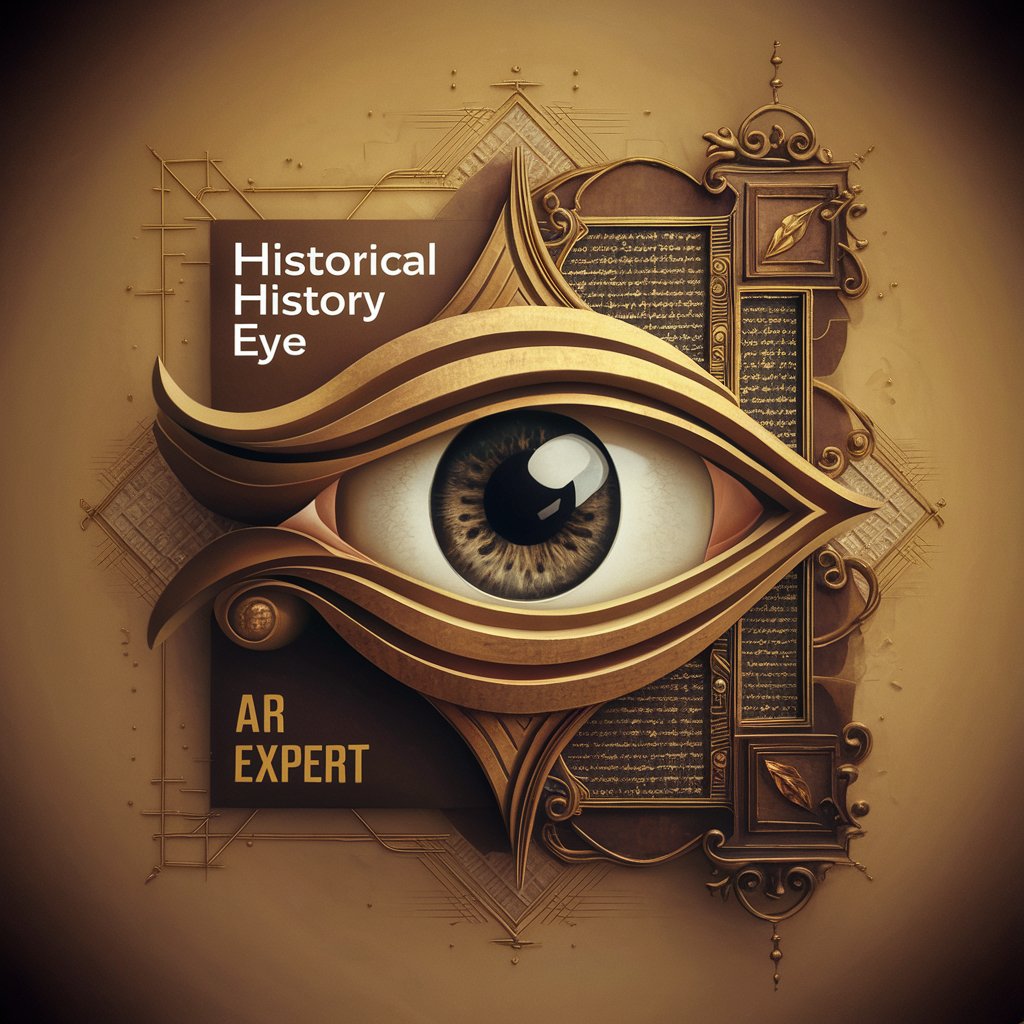
Wellness Ally
Empowering Your Wellness Journey with AI

Social Media Background Creator
Elevate your content with AI-powered backgrounds

Problemy Moich Klientów
Strategize with AI-Powered Insights

MAXYS-Bomber-240108
Empowering your goals with AI.

Epic Comic Creator
Unleash Your Story, Visually.

myEDITMaster360
Edit Smarter, Not Harder with AI
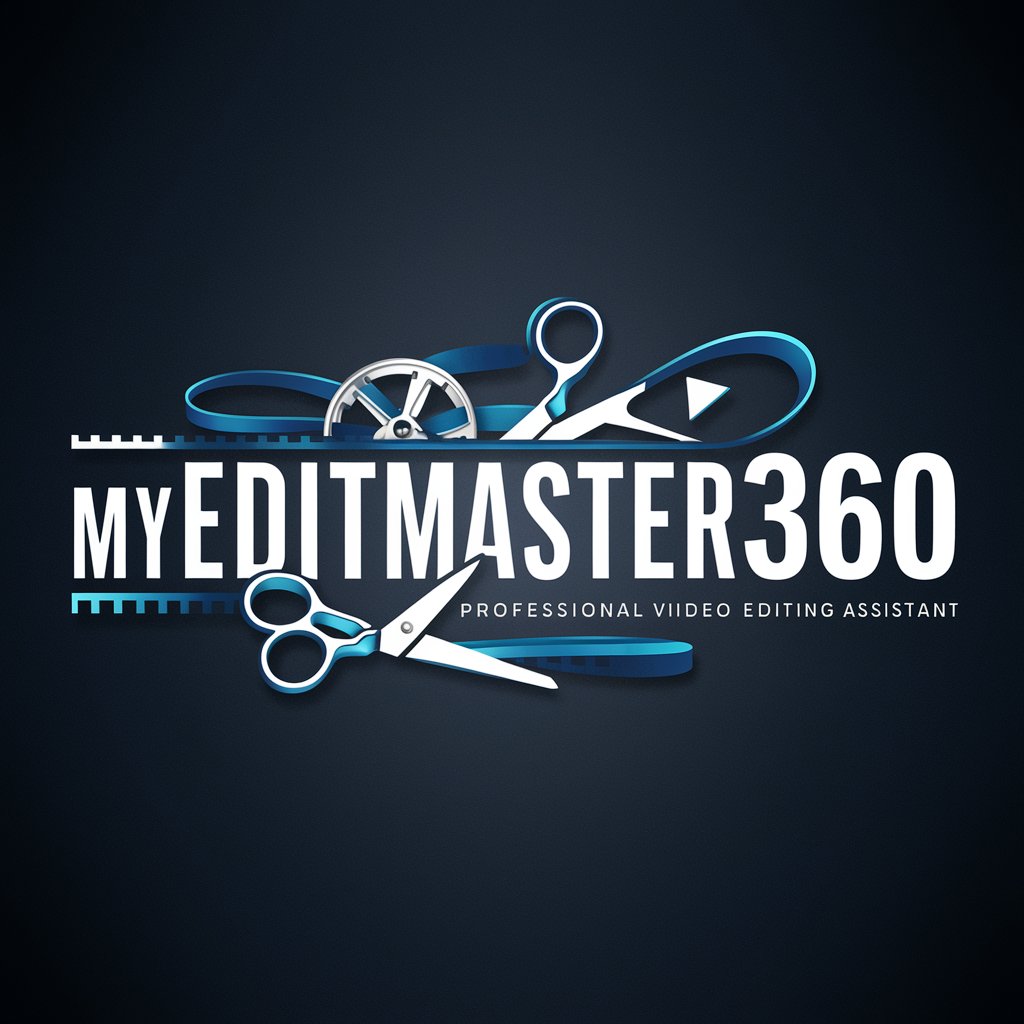
Smart Shopper Assistant
Find deals instantly with AI

Fearless Motivator
Empowering Your Fearless Venture Journey

Art Critique Connoisseur
Elevate Your Art with AI-Powered Insights

RFP Genius
Streamline Proposal Creation with AI
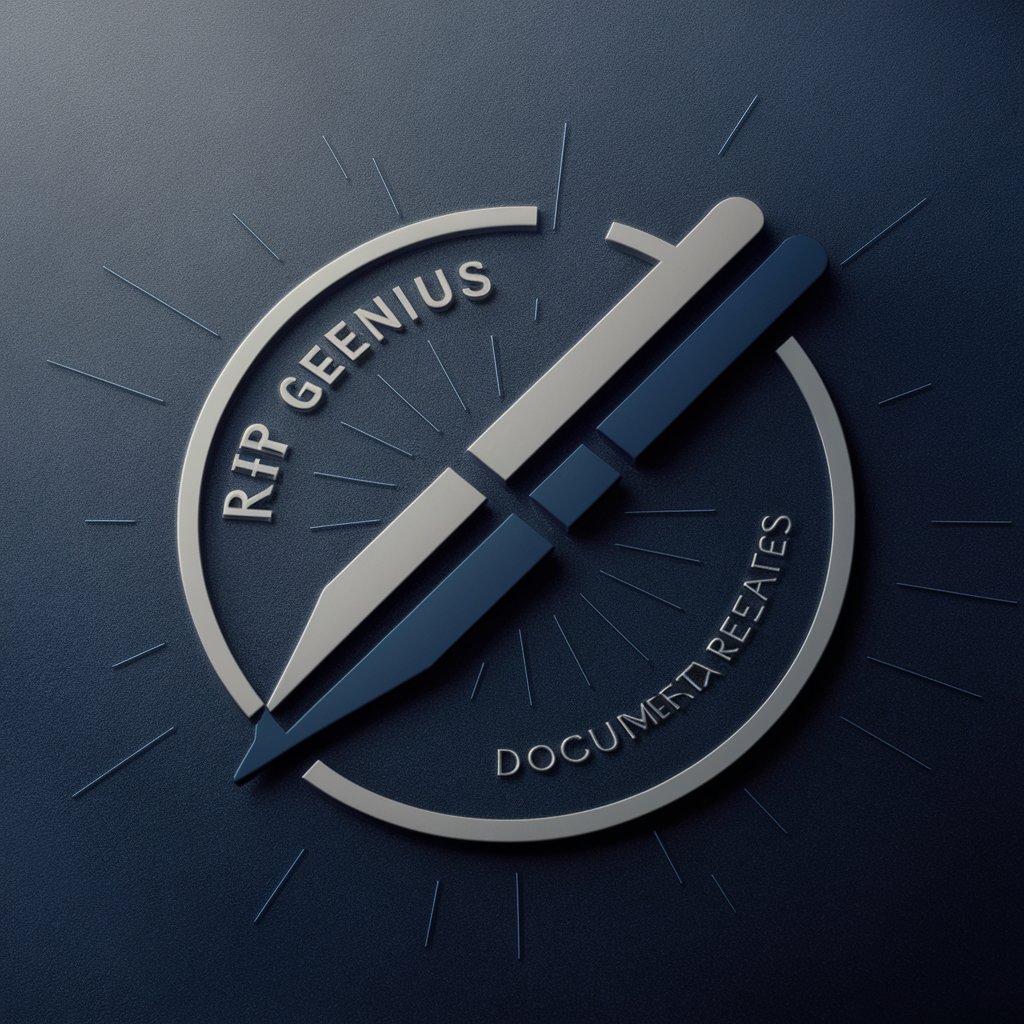
FounderGPT
Empowering your startup journey with AI.
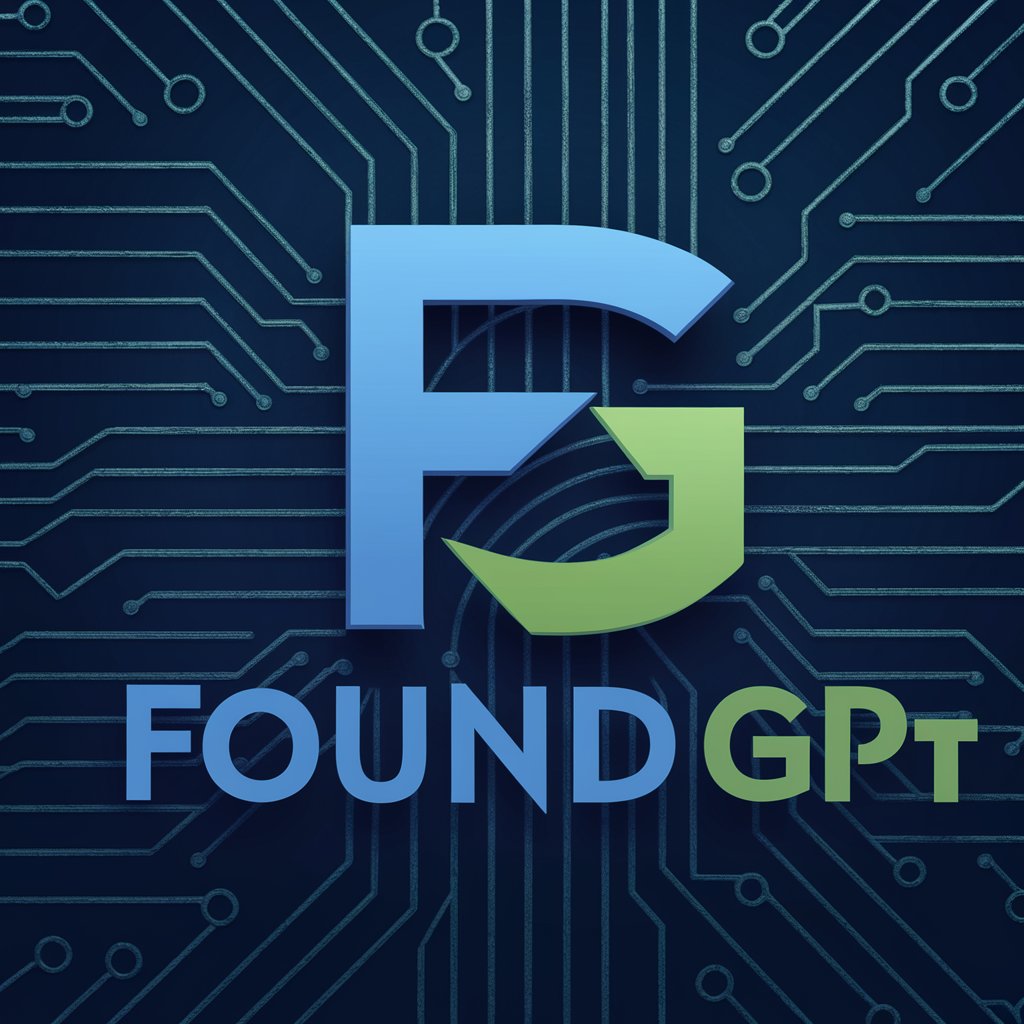
FAQs About Canadian Law and Technology Research Assistant
What legal topics does the Canadian Law and Technology Research Assistant cover?
This assistant specializes in a wide range of topics within Canadian law and technology, including privacy laws, copyright issues, internet governance, and digital rights, among others.
Can this assistant provide legal advice?
No, the assistant is designed for educational and informational purposes only, offering detailed insights and analyses rather than legal advice.
How up-to-date is the information provided?
While the assistant has a vast database of information, users can request real-time updates or recent developments through a web search feature.
Is the Canadian Law and Technology Research Assistant suitable for professionals?
Yes, it is designed to assist upper-year law students, legal practitioners, and professionals in related fields with high-level research and analysis.
How does the assistant ensure the accuracy of its responses?
Responses are based on scholarly, academic, and legal sources, with a consistent emphasis on verification against current legal standards and practices.
